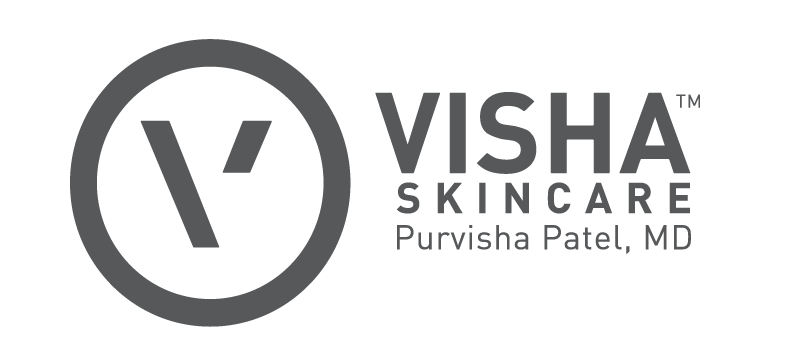Byrdie posted "This Common Mineral Has Been Used to Treat Acne Since the ‘40s" featuring Dr. Purvisha Patel and Visha Skincare.
Dr. Patel shares her expertise on zinc to treat acne, expands on the ingredient’s effectiveness, how it compares to antibiotics, which ingredients don’t work well together and how long it takes to see results.
Zinc is a power player in the mineral world. It boosts your immune system, aids in brain development and memory retention, and prevents cellular damage in the retina, among so many other benefits. And interestingly, our bodies don't naturally produce it, which is why we need to get it through food and/or supplements.
Another impressive use for zinc? Acne treatment. Zinc works in tandem with vitamin A and helps convert it into an active form of retinol (a proven remedy for clearing acne lesions), and it also has the ability to inhibit bacteria growth in sebaceous glands. And although more research is needed, studies have found the mineral to significantly decrease papules and cysts when taken orally and when applied topically. Proceed with caution, though: Ingesting too much zinc can cause side effects like nausea, diarrhea, and ironically, a weakened immune response. So to glean a bit more information on how to use it safely and effectively, we spoke with Purvisha Patel, MD, board-certified dermatologist and founder of Visha Skincare.
Just how effective is zinc at treating acne, really?
"Zinc is a high-performance ingredient that helps to address redness, irritation, and inflammation caused by conditions like acne, rosacea, and seborrheic dermatitis," says Patel. "The ingredient, in combination with mild alpha and beta acids, helps decrease inflammation, exfoliate the skin that clogs the pores, and helps kill the bacteria/fungus that causes acne."
